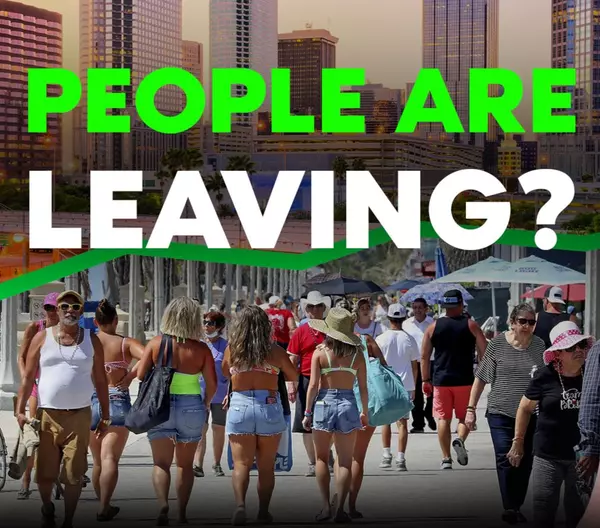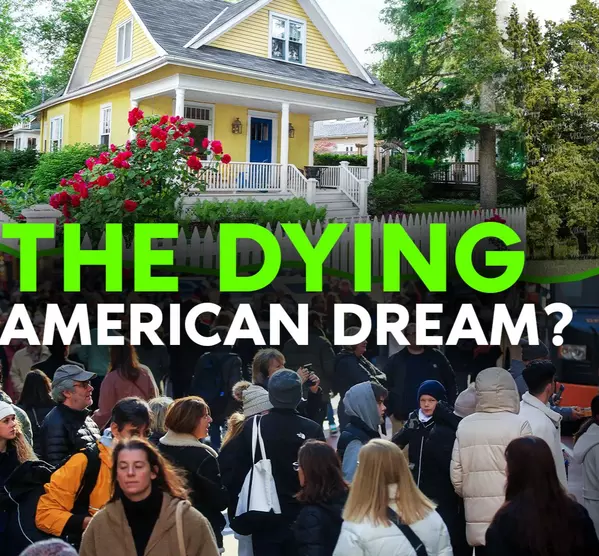MORTGAGE AFFORDABILITY CALCULATOR
Use this calculator to determine how much house you can afford. By entering details about your income, down payment, and monthly debts, you can estimate the mortgage amount that works with your budget.
You can afford a home up to: $0
Your debt-to-income ratio is 36%
Quite affordable.
View Affordable PropertiesQuite affordable.
Payment Breakdown:
$0 Month
Get more info from a local expert!
Contact Krista
REALTOR® | License ID: SL3221998
Tel: +1(407) 431-0401
Email: krista.taurins@gmail.com
Address: 1400 S International Pkwy, Lake Mary, FL, 32746, USA












